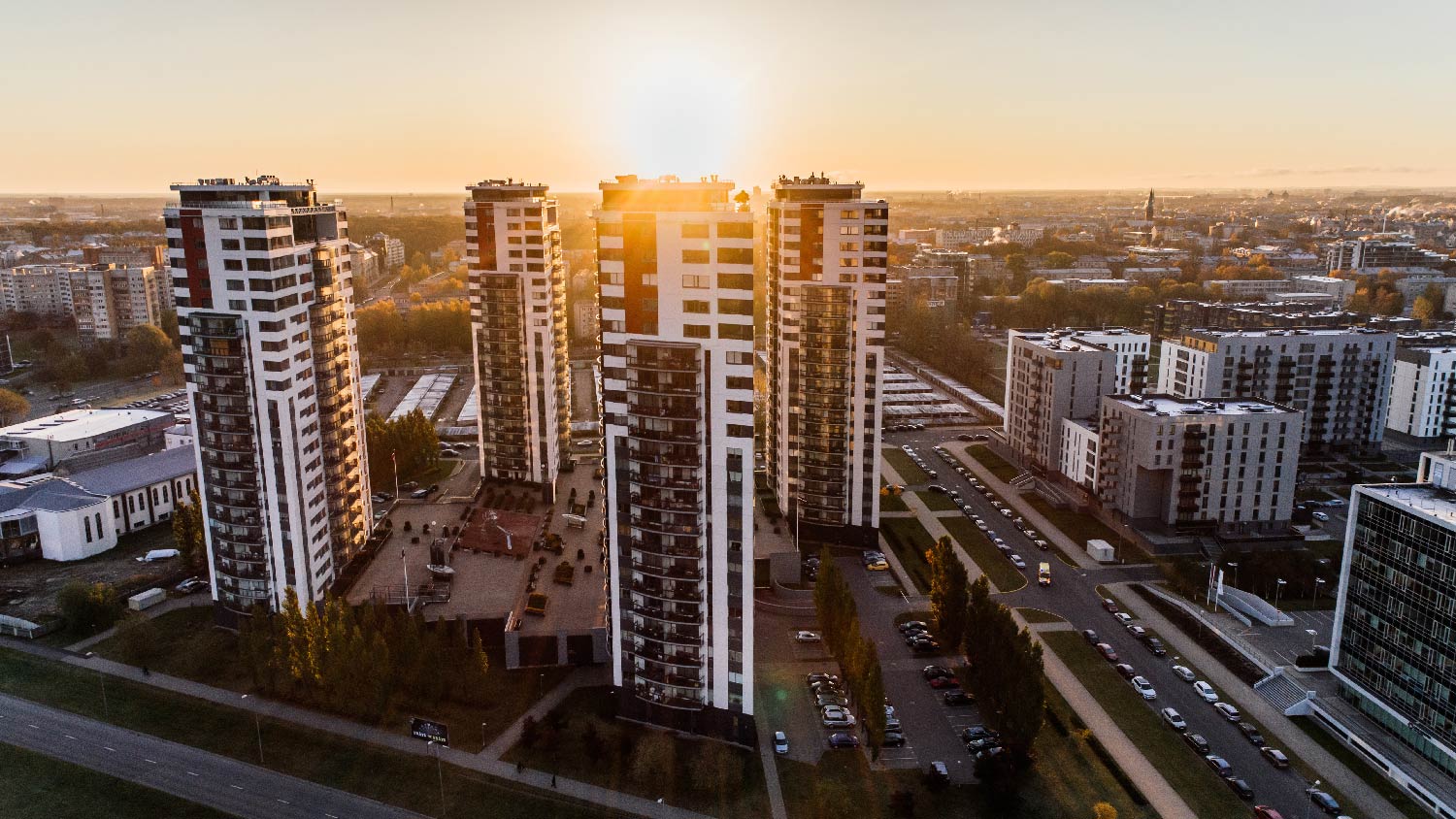It’s an exciting time for first-time buyers! With recent shifts in the market, appealing prices for townhouses and condos, and helpful government incentives, your dream of homeownership in beautiful British Columbia is more achievable than ever.
You’ve saved your down payment, you’ve found the perfect place, and your offer has been accepted. Congratulations! But before you get the keys, there's one final financial hurdle to clear: closing costs. These are the extra, one-time fees paid on your closing day that are in addition to your down payment and mortgage.
To ensure a smooth journey to ownership, here is a breakdown of what you need to budget for. A general rule of thumb in B.C. is to budget 1.5% to 4% of the purchase price for these costs.
Key Closing Costs to Budget For in Coquitlam
1. The Big One: Property Transfer Tax (PTT)
The PTT is a provincial tax charged on all property transfers in B.C. For most buyers, this is one of the most significant costs.
Standard Rate:
1% on the first $200,000 of the purchase price.
2% on the portion from $200,000 up to $2,000,000.
3% on the portion over $2,000,000.
The Good News: First-Time Home Buyer Exemption You may qualify for a full or partial exemption from the PTT! This can save you thousands.
Full Exemption: For homes valued at $835,000 or less (as of April 1, 2024, subject to change).
Partial Exemption: Available for homes between $835,000 and $860,000.
To Qualify: You must be a Canadian citizen or permanent resident, have lived in B.C. for a minimum period, and have never owned a principal residence anywhere in the world.
2. Legal Fees & Disbursements
You'll need a notary public or a lawyer to handle the legal transfer of the property, register the mortgage, and prepare documents.
Cost: Typically ranges from $1,000 to $2,500 plus GST.
Disbursements: These are additional out-of-pocket expenses your lawyer/notary pays on your behalf, such as land title registration fees, title searches, and for condos/townhouses, fees for getting the necessary strata documents (e.g., Form B).
3. Mortgage-Related Costs (If Applicable)
CMHC/Mortgage Default Insurance: If your down payment is less than 20% of the purchase price, you must pay for mortgage insurance. This premium can be substantial but is typically rolled into your mortgage balance, meaning you don't pay it as an upfront closing cost. Note: You must pay the provincial sales tax (PST) on the premium upfront.
Appraisal Fee: Your lender will often require an appraisal to confirm the property's market value. ($300 - $500).
4. Pre-Paid Adjustments
On closing day, you may need to reimburse the seller for expenses they have pre-paid for the year, such as property taxes and strata fees. This amount will be prorated (adjusted) to cover the period you will own the home.
5. Inspection & Insurance
Home Inspection: Highly recommended, even for newer condos/townhouses. An inspector checks the condition of the home and common property (if accessible). ($400 - $800).
Property/Fire Insurance: Your lender will require you to have home insurance (sometimes called fire insurance) in place on closing day. For a condo, this covers the contents of your unit, and for a townhouse, it generally covers the building and contents. The strata corporation covers the main building structure insurance.
Leveraging Government Incentives & Savings Plans
The current market environment offers additional relief for first-timers:
First Home Savings Account (FHSA): A fantastic, new tool that combines the tax-deductible contributions of an RRSP with the tax-free withdrawals of a TFSA—perfect for saving your down payment!
Home Buyers' Plan (HBP): Allows you to withdraw up to $60,000 tax-free from your RRSP to put toward your home purchase. This must be repaid over a 15-year period.
GST/HST New Housing Rebate: If you are buying a newly built condo or townhouse, you may be eligible for a rebate of part of the GST/HST paid.
Final Word of Caution
While the market offers fantastic opportunities, the closing process can be complex. The key to a stress-free closing is to be prepared and understand your budget for all of these costs.
Ready to take the next step or have specific questions about how these costs and incentives apply to your situation? Please contact me—I’m here to help you navigate the fine print!


